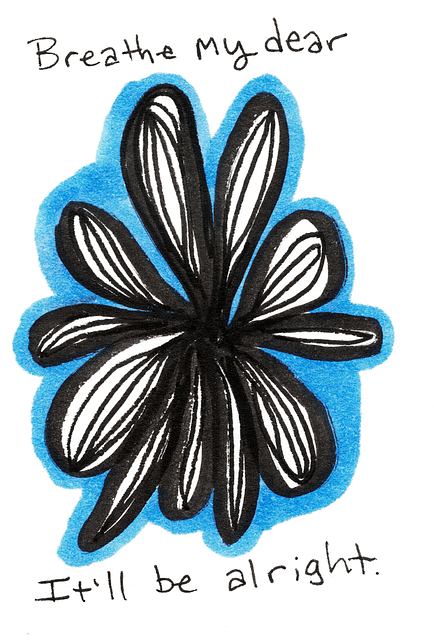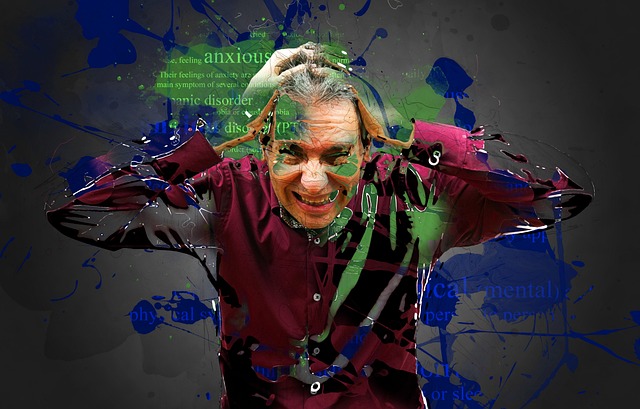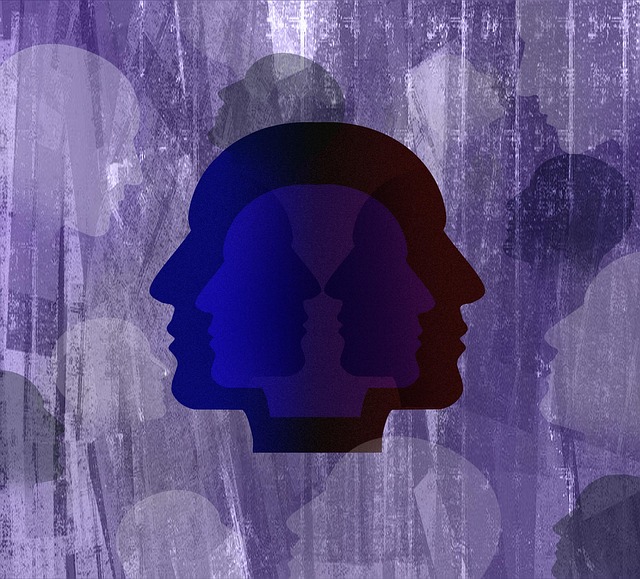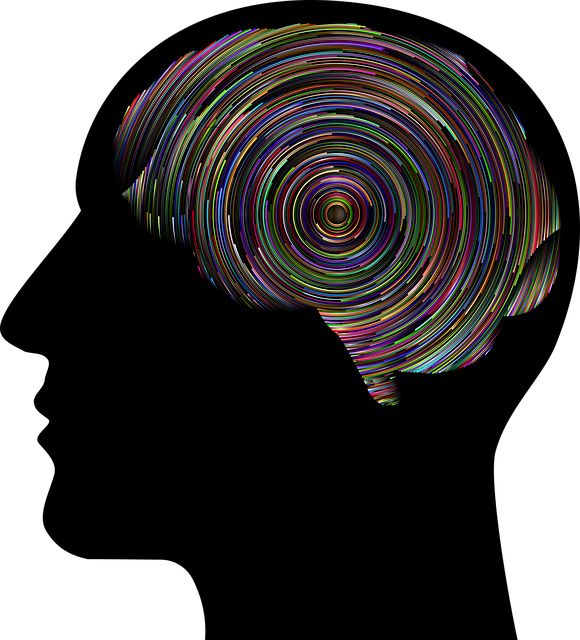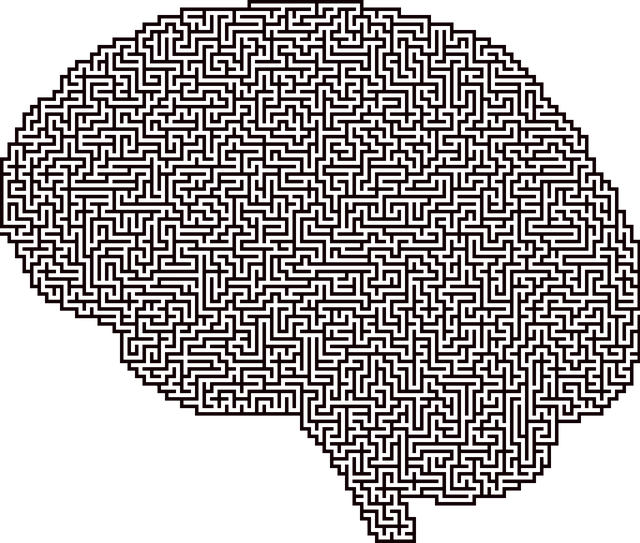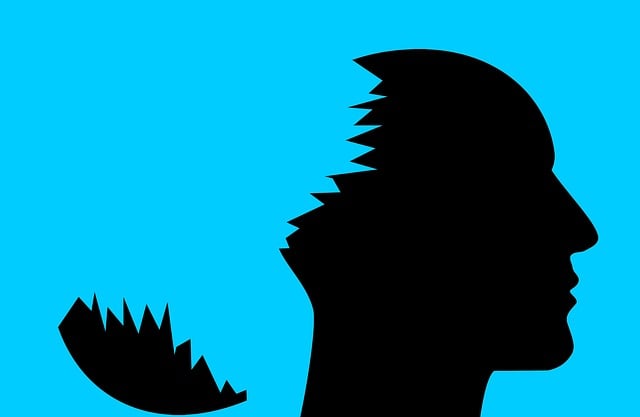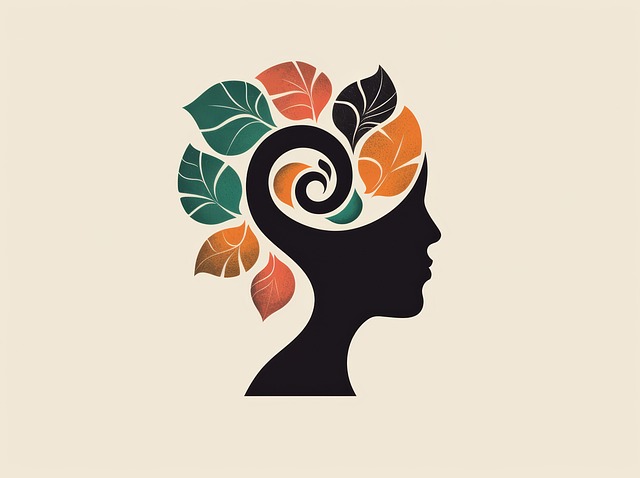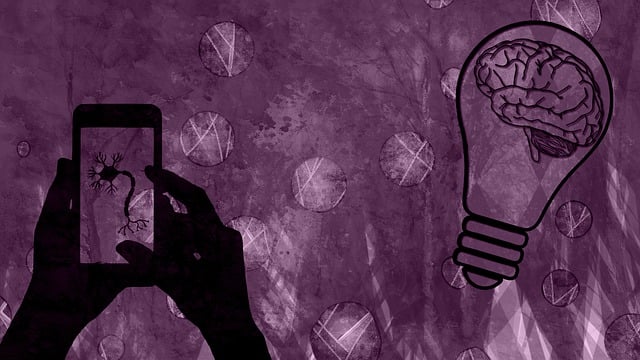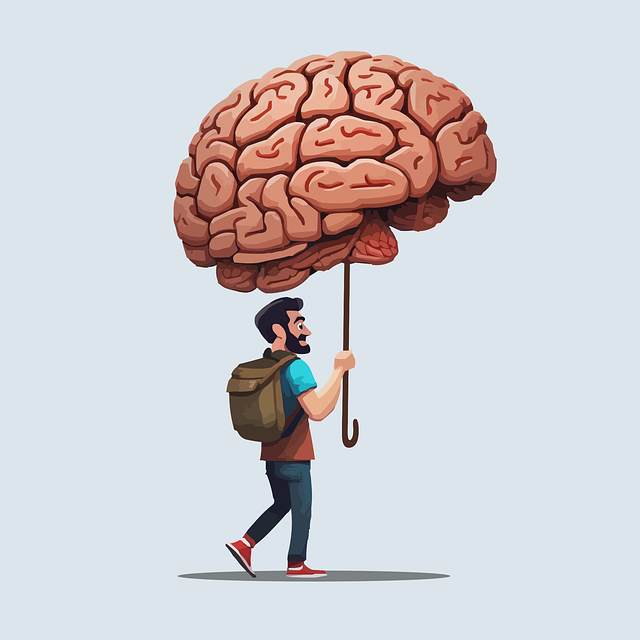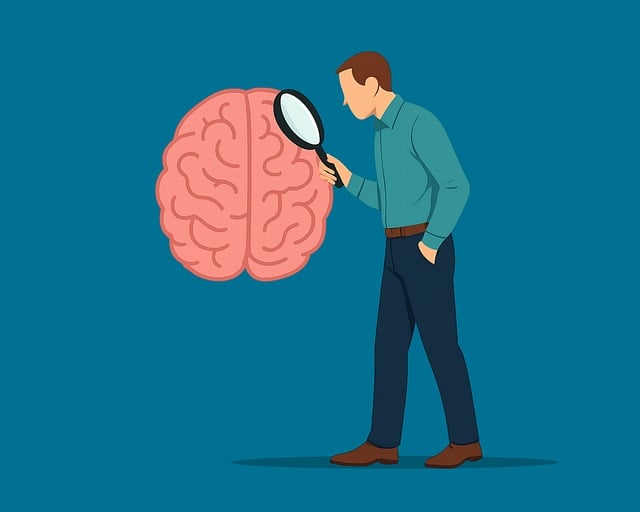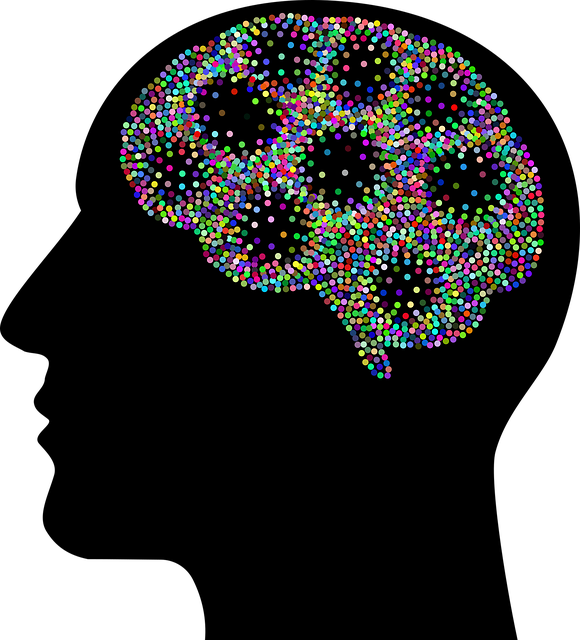Adolescent mental health is a growing concern, with rising rates of anxiety, depression, and self-harm. Increasing awareness and breaking stigma are crucial, emphasizing accessible therapy options like Dialectical Behavioral Therapy (DBT), which offers evidence-based skills for mood regulation, conflict management, and trauma support. Public awareness campaigns featuring relatable narratives and practical info can destigmatize mental health and promote DBT adoption among teens, fostering long-term well-being through emotional healing and skill empowerment.
Public awareness campaigns play a pivotal role in shaping societal understanding of mental health, especially among adolescents. This article delves into the critical need for increased awareness regarding teen mental well-being, highlighting the effectiveness of Dialectical Behavioral Therapy (DBT) as a game-changer for young individuals struggling with emotional regulation. We explore strategies to design impactful campaigns, emphasizing the importance of education and access to resources like DBT in fostering resilience among teens.
- Understanding Adolescent Teen Mental Health: The Need for Awareness
- Dialectical Behavioral Therapy (DBT): A Powerful Tool for Teens
- Designing Effective Public Awareness Campaigns for DBT
- Implementing and Measuring Success: Strategies for Long-Term Impact
Understanding Adolescent Teen Mental Health: The Need for Awareness

Adolescent teen mental health is a critical aspect of overall public well-being that often goes overlooked or stigmatized. Today’s fast-paced and highly stressful world presents unique challenges for young minds, leading to a surge in mental health issues among teens. From anxiety and depression to more severe conditions like eating disorders and self-harm, these problems can have lasting impacts on an adolescent’s future if left unaddressed.
Increasing public awareness about teen mental health is crucial, focusing on educating both teens and adults about the signs of struggle and the availability of effective therapies. One such evidence-based approach is Dialectical Behavioral Therapy (DBT), which equips adolescents with life-saving skills in mood management, conflict resolution techniques, and trauma support services. By fostering understanding and breaking down barriers to therapy for adolescent teens, we can create a healthier, more supportive environment for young people to thrive.
Dialectical Behavioral Therapy (DBT): A Powerful Tool for Teens

Dialectical Behavioral Therapy (DBT) has emerged as a powerful tool for adolescent teens facing emotional challenges and mental health issues. This therapy is specifically designed to help young individuals learn effective coping skills, enhance their emotional regulation abilities, and manage anxiety relief and mood swings. DBT combines cognitive-behavioral techniques with mindfulness practices, teaching teens how to balance acceptance and change in their lives.
For adolescents struggling with intense emotions, DBT offers a structured framework that enables them to develop healthy strategies for dealing with distressing situations. By focusing on skills like mindfulness, distress tolerance, emotional regulation, and interpersonal effectiveness, this therapy empowers teens to navigate their feelings more constructively. This, in turn, can lead to improved mood management, better relationships, and enhanced overall well-being.
Designing Effective Public Awareness Campaigns for DBT

Designing effective public awareness campaigns for Dialectical Behavioral Therapy (DBT) among adolescent teens requires a nuanced approach that resonates with both the target audience and their caregivers. The campaign should focus on destigmatizing mental health issues, emphasizing the benefits of therapy, and highlighting how DBT can help teens navigate emotional healing processes. By incorporating relatable narratives and vivid examples, the campaigns can break down complex concepts, making them accessible to a broader audience.
Integrating community outreach program implementation strategies is vital to reaching diverse populations. Utilizing social media platforms, local events, and partnerships with schools and community centers ensures that information about DBT and its associated services reaches teens where they are most active. Additionally, incorporating interactive components like workshops on emotional regulation, stress management, and social skills training can engage participants actively in their own healing journey. This multi-faceted approach not only raises awareness but also fosters a supportive environment for adolescent teens seeking therapy.
Implementing and Measuring Success: Strategies for Long-Term Impact

Implementing effective public awareness campaigns requires a strategic approach to ensure long-term success and impact. One such strategy involves integrating evidence-based therapeutic techniques, like Dialectical Behavioral Therapy (DBT), into campaign materials. DBT, often used in treating adolescent teens, can empower individuals with skills for emotional regulation, distress tolerance, mindfulness, and interpersonal effectiveness, all of which contribute to improved mental wellness. By incorporating these principles into educational programs and guidance on journaling exercises, campaigns can foster a deeper understanding of mental health issues and promote positive behavioral changes.
Moreover, regular measurement and assessment are crucial. Mental health education program designers should incorporate risk assessment tools to gauge participants’ mental health status, identify potential risks, and tailor interventions accordingly. This data-driven approach allows for continuous improvement in campaign strategies, ensuring that messages resonate with audiences and lead to meaningful outcomes. Success can be measured through qualitative and quantitative methods, including surveys, interviews, and tracking behavioral shifts over time, ultimately enhancing the overall impact of public awareness campaigns.
Public awareness campaigns play a pivotal role in shaping societal understanding of adolescent mental health. By highlighting the effectiveness of Dialectical Behavioral Therapy (DBT) as a specialized treatment for teens, these campaigns can foster supportive environments and reduce stigma. Effective DBT campaigns, focusing on education and early intervention, have the potential to significantly impact young lives, ensuring better access to resources and improved long-term outcomes for vulnerable adolescents. This comprehensive approach is crucial in empowering both teens and their support systems to navigate mental health challenges effectively.
